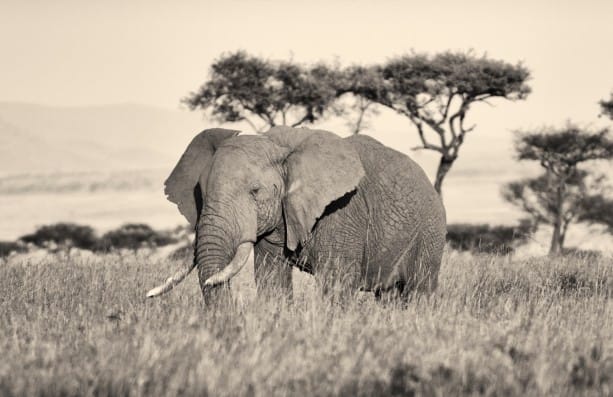One of the best things about the Wharton network is the opportunity to connect with alumni all over the world, even if you are travelling for pleasure. For Wharton alumni planning their dream trips to the Masai Mara, I would highly encourage you to reach out to some of our very welcoming and interesting alumni in Kenya.
I struggled to pick just one to highlight for this post, and, thus, I will introduce you to several of them to illustrate the community’s diversity.
Wharton alumni are using their education and experience to advise the Kenyan Stock Exchange. James Dry, W’72, founder of the prominent Kenyan-financial advisory firm, James Dry Associates, sits on the advisory board of the Kenyan stock exchange, helping to cultivate a bond market. Also on the board is Mutuma Marangu, WG’89, who helps it develop the country’s capital markets more generally.
Any reader of the fall 2012 issue of Wharton Magazine will know about the opportunities in agribusiness—read “Sustainable Food Inc.”—and Wharton alumni in Kenya are active participants. For example, after a long and distinguished career in banking, Shiru Mwangi, WG’94, has become a farmer and is developing hundreds of acres near East Tsavo National Park to grow mangoes. Michael Kibinge, WG’94, has been involved with coffee farming for almost his entire life while balancing a career in the ministry, advising on public/private partnerships and a potential role in politics. Vishal Shah, ENG’99, W’99, WG’06, and Seeta Shah, WG’06, have created an innovation in Kenyan snacks and breakfast foods and recently launched a range of cereals into the Kenyan market. CJ Bak, WG’12, owns two Subway franchises in Tanzania and has the development rights for Kenya. Anyone with a lead on some good retail leases in Kenya should certainly be in touch.
Lest my trip not include any culture, I had the good fortune to see the art collections of two alumni. Mutuma, who recently joined the Wharton Executive Education Advisory Board, shared his fantastic collection of 21st century Kissii sculpture. Mutuma has developed a close relationship with some leading Kissii sculptors, including one who took home the gold medal for sculpture at the Beijing Olympics. I think my favorite piece was “Dancing Birds,” a large sculpture Mutuma underwrote which welcomes visitors to the U.S. Embassy in Nairobi. During a fascinating visit to the textile plant of Nimeet Dodhia, W’01, I also had the chance to see his collection of stone sculptures.
This is only a small sampling of alumni endeavors in Kenya. Space will not permit me to tell you about Adil Popat, WG’84, and his exciting hotel ventures throughout Kenya, nor about Sister Dorothy McCormick, WG’66, a professor at the University of Nairobi who studied finance at Wharton in order to serve her religious community. But, hopefully, I have whet your appetite to reach out to Wharton alumni in East Africa.
Wharton alumni the world over with business interests in Africa are welcome to join the Wharton Club of Africa and participate in events planned for Lagos, New York, D.C., London and Paris in the coming year.

























